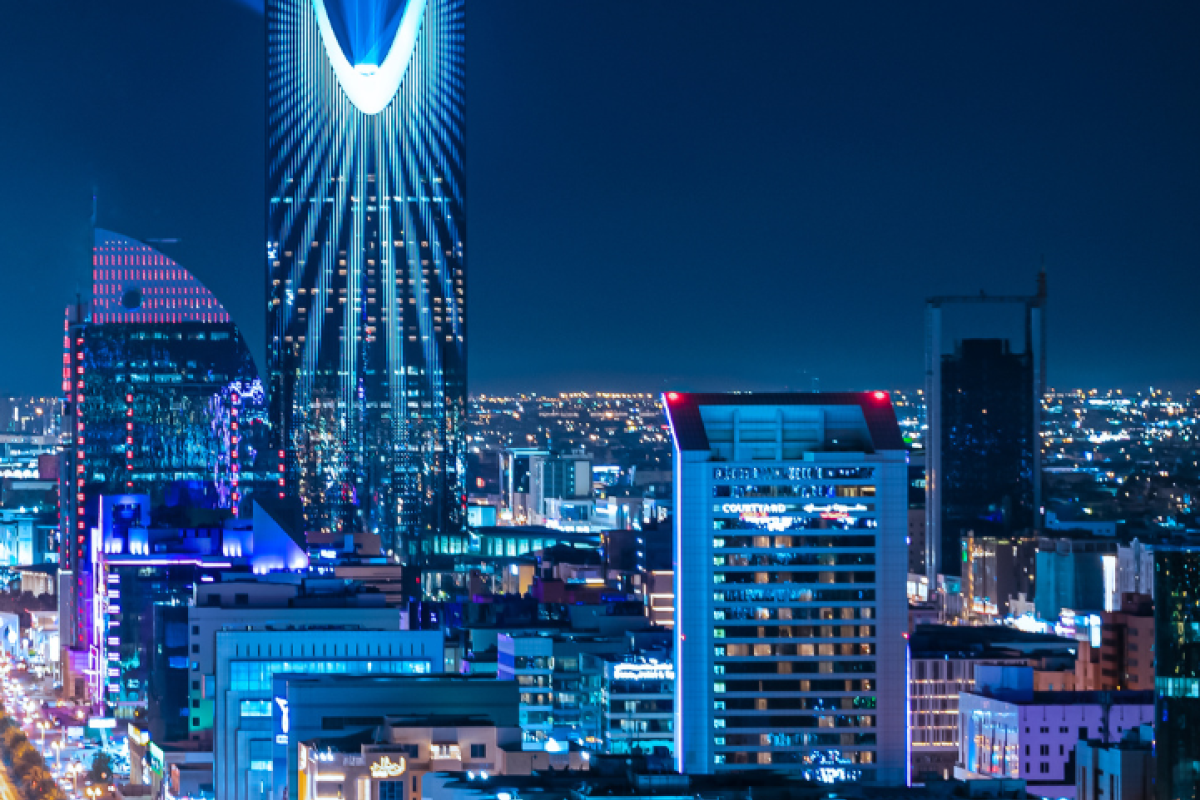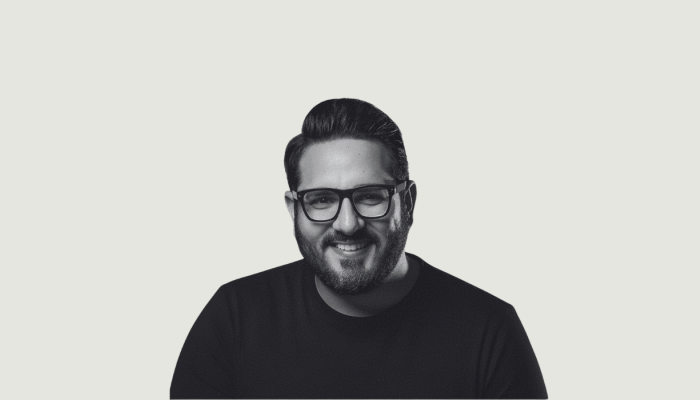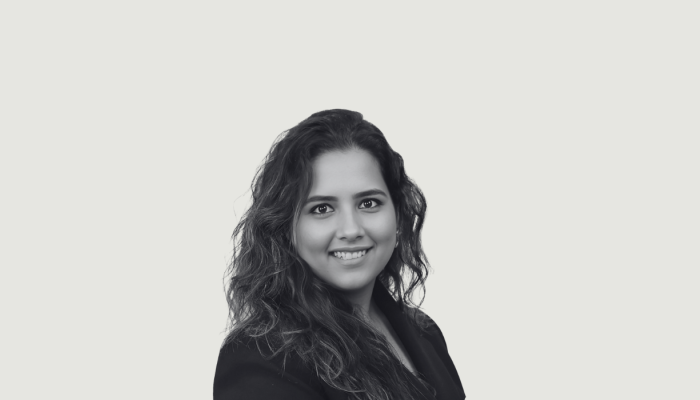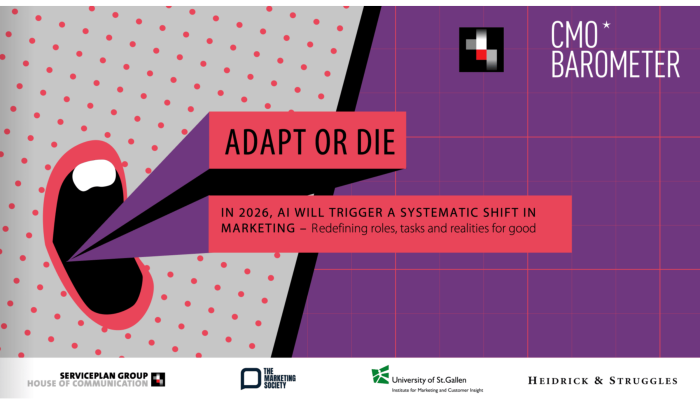From Russia to Venezuela, all countries built on an oil economy have been feeling the effects of the heavy fall in commodity prices. As the world’s largest oil producer and exporter, Saudi Arabia has been no exception. And it is not just economic conditions which are changing. The Kingdom is undergoing government reform and, for the first time, its population has access to international trends via digital media. These factors mean that long held cultural and social norms are slowly beginning to change.
CONSCIOUS CONSUMPTION ON THE RISE
In recent years, multinational brands such as Marks & Spencer and Rolls Royce have succeeded in winning loyal customers in Saudi Arabia. To continue to capitalise on Saudi Arabia’s ever growing urban middle class, it will be increasingly important for newcomers to adapt to the specific and changing needs of consumers.
An example of this is the noticeable shift toward more careful spending, prompted by uncertain economic conditions. Whereas previously consumers were unwilling to abandon established brands in order to save on spending, this now appears to be changing.
This shift can be seen in the automobile market. While sales of luxury vehicles remain strong, there is a growing demand for smaller, more affordable vehicles. Hyundai has capitalised on this trend by building its reputation on providing excellent value for money, and undercutting the prices of its main competitor Toyota, well established in the market since the 80s. As a result, Hyundai has grown its market share to 21%, a 25% increase on last year, drawing drivers away from more familiar brands.
OPPORTUNITIES IN DIGITAL
As might be expected in a country where 65% of the population is 25 or younger, smartphones and social media sites such as Facebook and Instagram are enormously popular. The Kingdom has the highest rate ratio of Twitter users to internet users in the world, and the average Saudi watches seven YouTube videos a day.
As well as acting as an advertising platform, internet connectivity has also created new ways of doing business. The Saudi Arabia Investment Bank (SAIB) is leading the way with an app allowing customers to access its internet banking services via smart devices. The bank is also creating an app that calculates the exact time it takes to reach a branch by geotagging, with the objective of improving customer experience and brand loyalty.
Careem, a driver service app similar to Uber is also seeing huge success. With growth of 300% per month and 6,000 cars across the Kingdom, the company stands testament to the willingness of the Saudi market to embrace online and mobile driven services.
CHANGING PERCEPTIONS OF WOMEN
This growth in digital media enables women to participate in the economy with unprecedented freedom. One manifestation of this is the creation of Instagram-based boutiques, often selling beauty or fashion items.
“Despite the success of international brands in the FMCG space, local names are still leading the way”
Saudi Arabia’s most frequently used hashtags in 2015 were #Style, #Cooking, #Clothing and #Makeup, and the visual nature of the social media platform lends itself to conveying ideas of beauty, femininity and luxury. These concepts are particularly successful amongst the female Saudi audience as they are seen as a means of self-expression.
NIVEA’s campaign for its ‘Sensual Musk Body Lotion’ capitalised on this desire of women to express themselves through their femininity. The brand created three short videos, based on romantic stories submitted by fans on social media. This personal approach, which presented culturally specific stories helped NIVEA capture 12% of the market from their leading competitor.
LEARNING FROM THE LOCALS
Despite the success of international brands in the FMCG space, local names are still leading the way, in contrast to markets like the UAE. Saudi companies’ advantage often stems from an ability to understand and reflect local culture, something global competitors would do well to learn from.
An example of the importance of cultural awareness is Saudi dairy company Almarai. The brand achieved the seemingly impossible task of promoting food and drinks products during Ramadan, with a campaign focusing on how to stay healthy during the fast. Simple tips, like eating slowly, in the form of 15 second videos, were broadcast on TV and published to social media. The campaign was well received, boosting the number of Almarai’s Facebook likes to over three million during the course of the month.
Saudi Arabia is changing both economically and socially but as global brands enter into the market it is crucial that they demonstrate an understanding of the cultural nuances of the region. However, the growth of digital engagement demonstrates Saudi Arabia is a ripe market for brands wishing to expand in to the Middle East.
This piece first appeared on M&M Global's site here.



